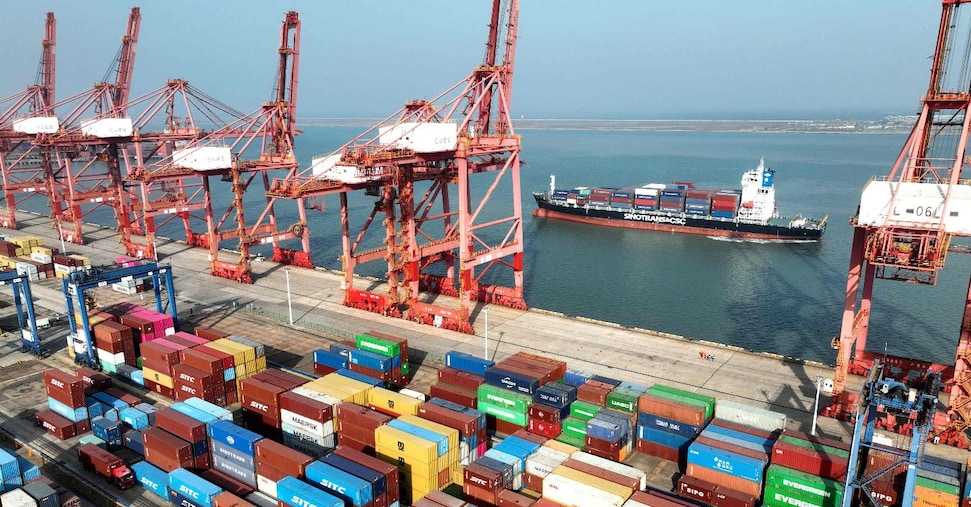Correction on the horizon for European stock markets: Continental stock markets are set to open the session in the red following the decline on Wall Street and after recent gains that pushed indices to touch their highest levels. Investors are awaiting the publication of US labor market data tomorrow, hoping to obtain confirmation of the end of the restrictive cycle of US monetary policy. On the central bank front, all eyes are on Japan, where the Bank of Japan could put an end to its current negative interest rate policy as early as this month.
Thus the Tokyo Stock Exchange lost 1.8%, while the MSCI Asia-Pacific Index lost 0.8%, reflecting still stagnant data on Chinese trade and making December’s performance after +7.3% in November. Returning to European indices, the Ftse Mib in Piazza Affari, which has repeatedly touched highs since 2008, is poised to open 0.36% lower, while Eurostoxx 50 futures are down 0.47%. Oil is trying to regain ground after falling to six-month lows: January WTI crude oil rose 0.5% to $69.73 a barrel, while February delivery of Brent crude was +0.4% to $74.60. The price of natural gas on the TTF platform in Amsterdam fell by 0.3% to 39.2 euros per megawatt hour.
Finally, in the currency market, the euro fell to $1.0769 from 1.0787 at yesterday’s close. Bets on the Bank of Japan support the yen at 157.13 per euro (from 158.87) and 145.87 per dollar (147.29). Based on the overnight swap trend, BOJ tightening at the December summit is considered 45% likely: just two days ago the chances were stuck at 3.5%.
The Tokyo Stock Exchange closes lower, after US stock indices rebound, and awaiting labor market data in the United States: The Nikkei index fell by 1.76% to 32,858 points. At the opening, the decline was 0.85% at 33160.73, a loss of 285 points. Hong Kong opened the session in negative territory following Wall Street’s losses: the Hang Seng Index initially lost 0.53%, falling to 16,376.44 points. Mainland China’s markets showed little change, just below par: the Shanghai Composite Index initially posted a 0.11% decline, to 2,965.65 points, while the Shenzhen Composite Index lost 0.13%, to 1,852.72.
On the economic level, China recorded a trade surplus of 68.39 billion dollars in November, up from 66.49 billion in the same month of 2022, and much higher than the 58 billion that analysts expected on the eve of that. Data from Chinese Customs benefit from a surprise return to positivity in exports – for the first time in 7 months – thanks to partial growth of 0.5% versus expectations of -1.1%, while imports fell by 0.6% compared to expectations of +3.3%. Chinese exports rose slightly in November, breaking a streak of six consecutive monthly declines: +0.5% y/y (to $291.93 billion) versus -6.4% in October.

“Infuriatingly humble social media buff. Twitter advocate. Writer. Internet nerd.”









